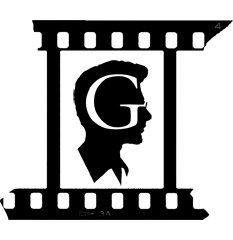In Der Lauf der Dinge, objects exist solely as a means of transfering energy in a linear fashion. They are taken out of context, used in a way that completely undermines their purpose. Fischli refers to the "pleasure of misuse".
Part of the merriment of the film rests on this false use. Here, again, objects are freed from their principal, intended purpose. Perhaps this can be something beautiful. If you identify with these objects, it has a liberating effect.
Fischli and Weiss have played with the concept of falsification with their polyurethane objects, sculpted replicas of mundane everyday objects. Much time is spent creating meticulous reproductions of every day objects, and Fischli and Weiss talk about the Schadenfreude involved in counterfeiting worthless objects.
Part of the appeal of this deception lies in the slight deviation, the failure, the incompleteness. A gap appears between reality and reflection. Strangely enough, this space in between can be exactly the point where you're best able to access the work.
(This quote reminds me a bit of the "Uncanny Valley" of Human Appearance)
Below are some photos of these reproductions:


Their work, while in a sense a fetish of everyday objects, differs from the ready made movement and Duchamp's use of found objects, because the replicas they carve have are removed from their original purpose. They are objects from the world of utility, but have become useless.
One of their most famous works is Stiller Nachmittag (Quiet Afternoon) a series of photographs depicting physically unstable arrangments of objects, taken at the point of near collapse. These sculptural works can only exist in the immortalized frame of a photograph. They are documents of an ephemeral state, a state much like that of the objects in Der Lauf der Dinge, though they are never allowed to resolve themselves.


Stiller Nachmittag and the Polyurethane sculptures invoke acts of devotion. Fischli und Weiss spend a lot of time immersing themselves in objects that are not particularly appealing, by carving them, or by placing them into these unstable arrangements, both processes that take large amounts of time.
Information and quotes from:
Söntgen, Beate. "Interview" Peter Fischli - David Weiss. London, UK: Phaidon Press Inc. 2005

No comments:
Post a Comment